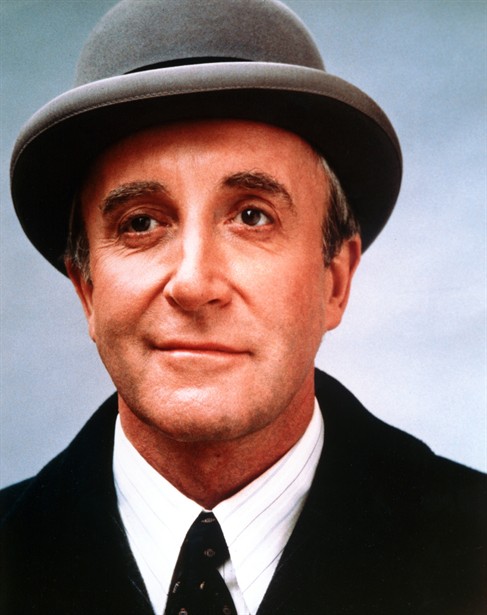 J. Edgar, the new film directed by Clint Eastwood and starring Leonardo DiCaprio, is making the news for dealing frankly with the decades old rumors concerning Hoover’s private life. But that’s not what makes the film immensely valuable. Its finest contributions are its portrait of the psycho-pathologies of the powerful and its chronicle of the step-by-step rise of the American police state from the interwar years through the first Nixon term.
J. Edgar, the new film directed by Clint Eastwood and starring Leonardo DiCaprio, is making the news for dealing frankly with the decades old rumors concerning Hoover’s private life. But that’s not what makes the film immensely valuable. Its finest contributions are its portrait of the psycho-pathologies of the powerful and its chronicle of the step-by-step rise of the American police state from the interwar years through the first Nixon term.
The current generation might imagine that the egregious overreaching of the state in the name of security is something new, perhaps beginning after 9/11. The film shows that the roots stretch back to 1919, with Hoover’s position at the Justice Department’s Bureau of Investigation under attorney general A. Mitchell Palmer. Here we see the onset of the preconditions that made possible the American leviathan.
Palmer had been personally targeted in a series of bomb attacks launched by communist-anarchists who were pursuing vendettas for the government’s treatment of political dissidents during the first world war. These bombings unleashed the first great “red scare” in American history and furnished the pretext for a gigantic increase in federal power in the name of providing security. In a nationwide sweep, more than 60,000 people were targeted, 10,000 arrested, 3,500 were detained, and 556 people were deported. The Washington Post editorial page approved: “There is no time to waste on hairsplitting over infringement of liberties.”
Here we have the model for how the government grows. The government stirs up some extremists, who then respond, thereby providing the excuse the government needs for more gaining more power over everyone’s lives. The people in power use the language of security but what’s really going on here is all about the power, prestige, and ultimate safety of the governing elite, who rightly assume that they are ones in the cross hairs. Meanwhile, in the culture of fear that grips the country – fear of both public and private violence – official organs of opinion feel compelled to go along, while most everyone else remains quiet and lets it all happen.
The remarkable thing about the life of Hoover is his longevity in power at every step of the way. With every new frenzy, every shift in the political wind, every new high profile case, he was able to use the events of the day to successfully argue for eliminating the traditional limits on federal police power. One by one the limitations fell, allowing him to build his empire of spying, intimidation, and violence, regardless of who happened to be the president at the time.
…
Power, Both Pathetic and TerrifyingRead More »
 A recent post by Jeffrey Tucker identifies a common theme in many of today’s movies: “powerful people are not our friends but our enemies – so if we want to have a free and flourishing life, we are going to have to get busy and figure out how to make it happen.”
A recent post by Jeffrey Tucker identifies a common theme in many of today’s movies: “powerful people are not our friends but our enemies – so if we want to have a free and flourishing life, we are going to have to get busy and figure out how to make it happen.”
 Murray Rothbard, the great libertarian theorist and economist,
Murray Rothbard, the great libertarian theorist and economist,  If you seek power over others, how much of an advantage does raw intelligence gain you?
If you seek power over others, how much of an advantage does raw intelligence gain you?